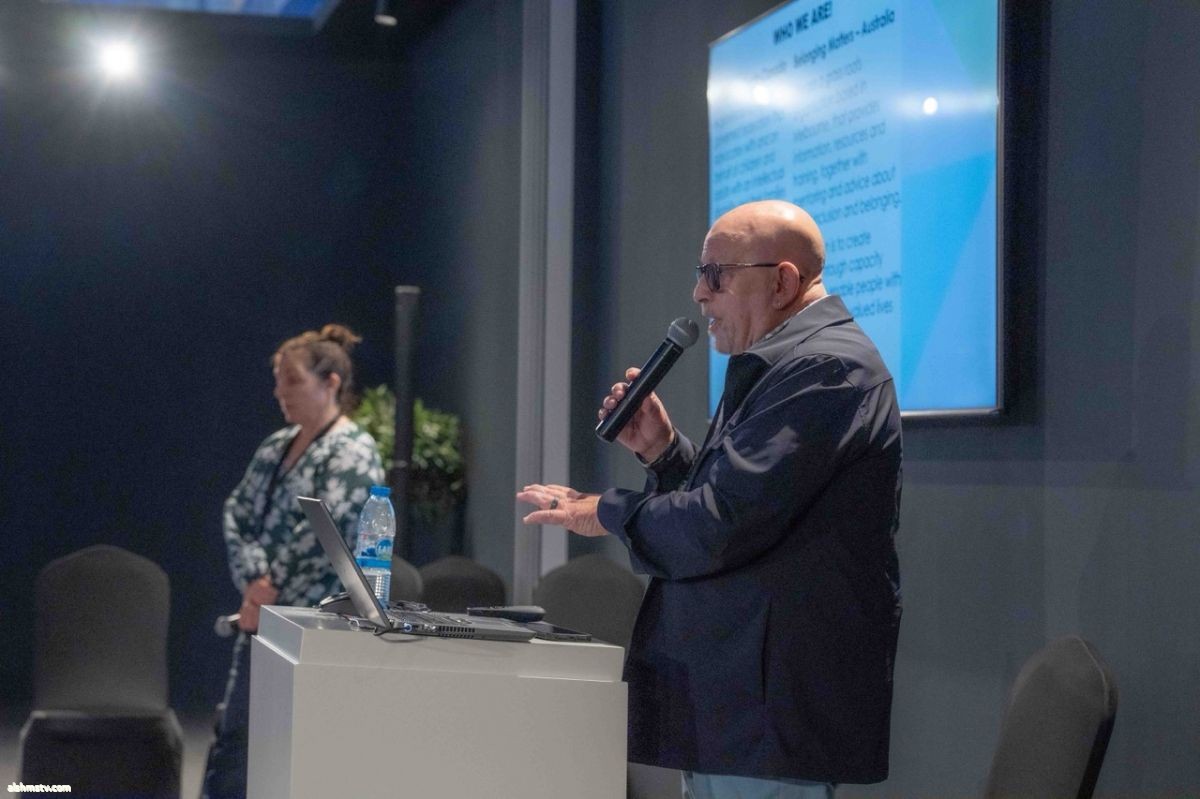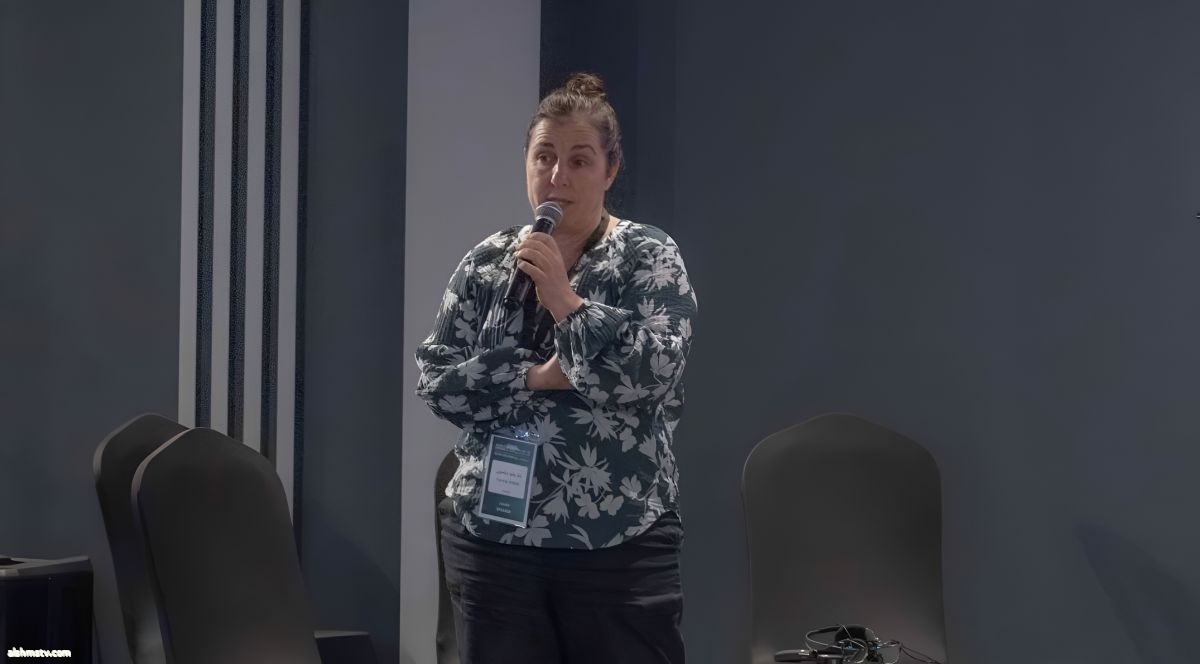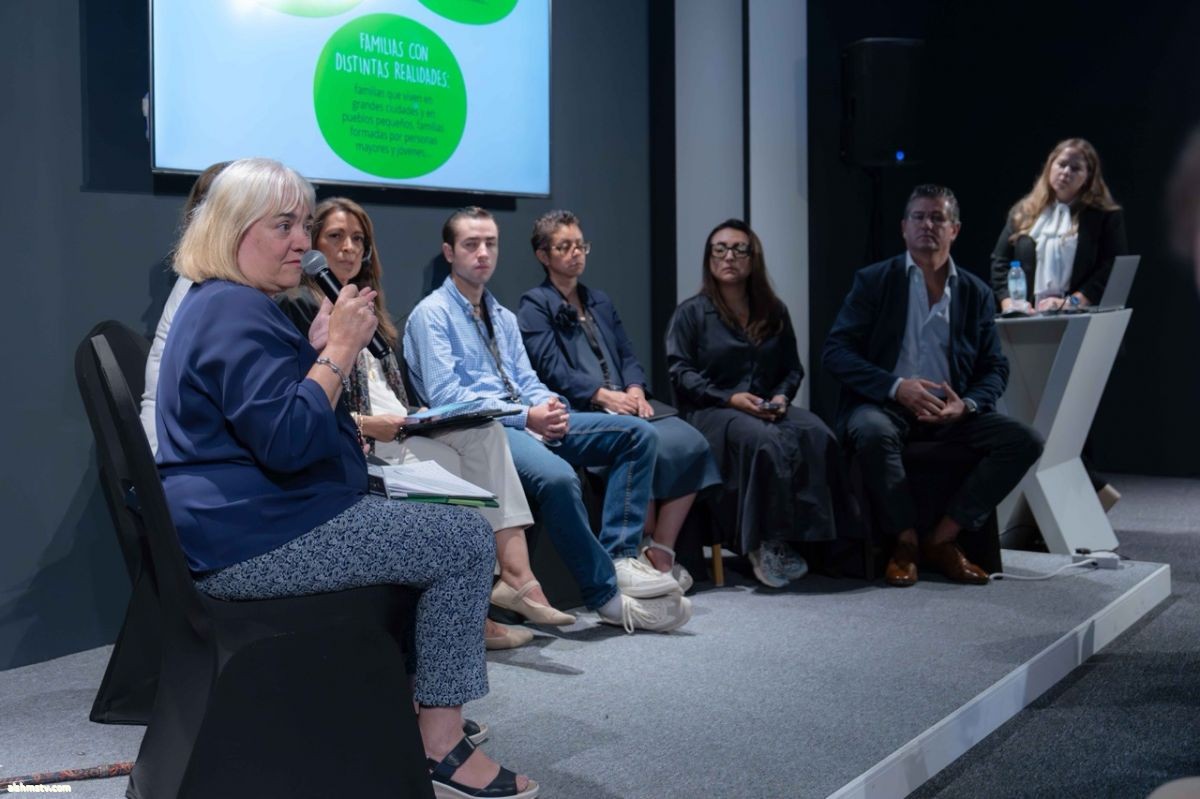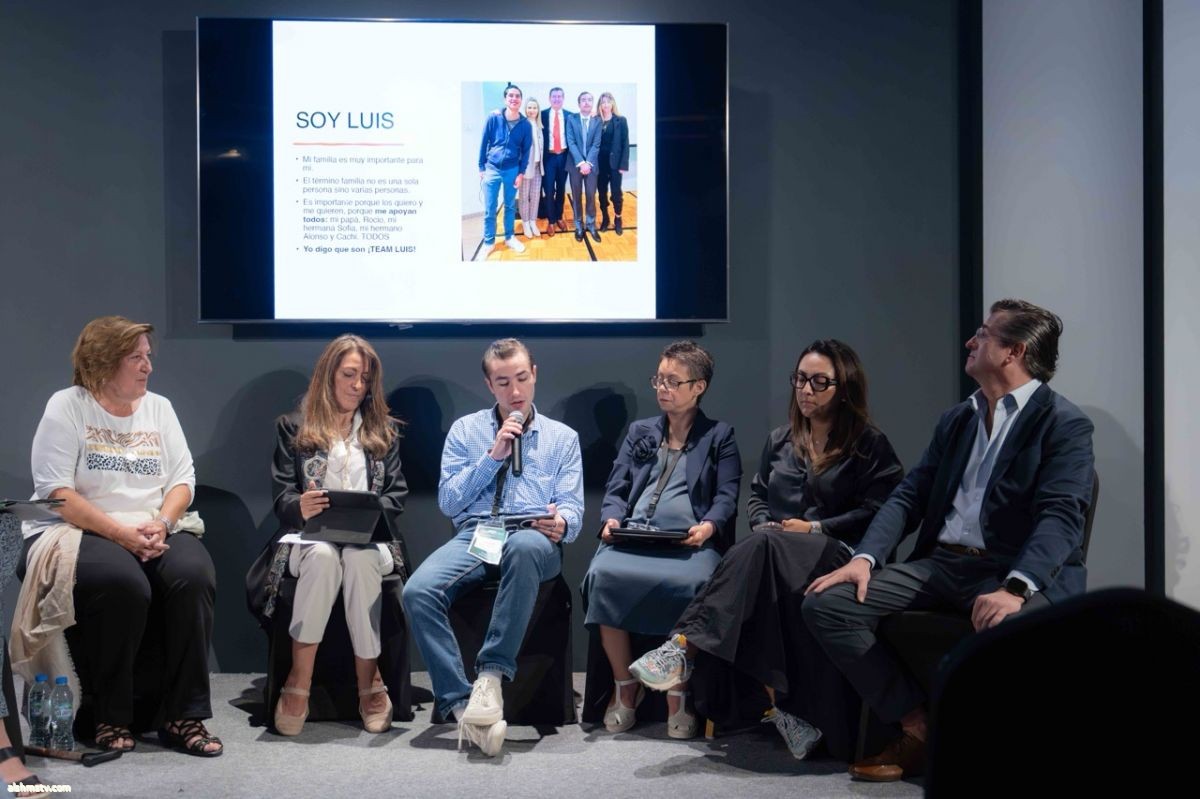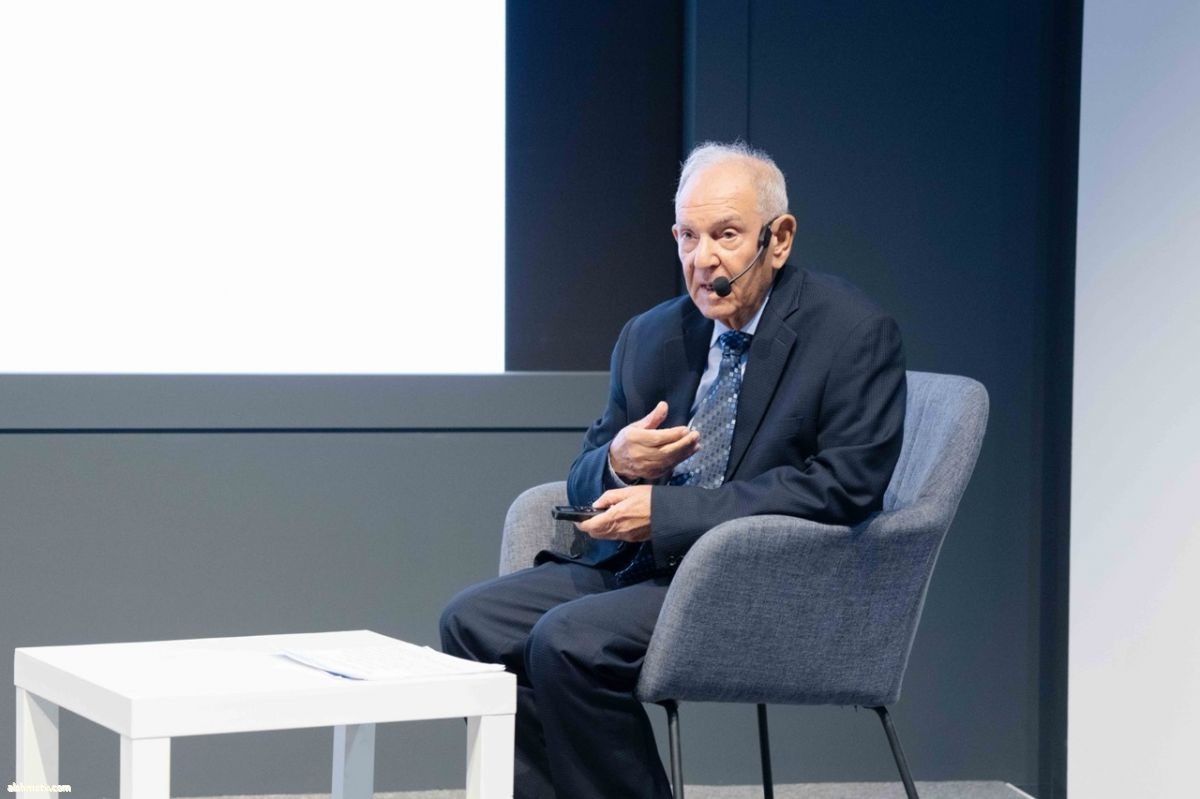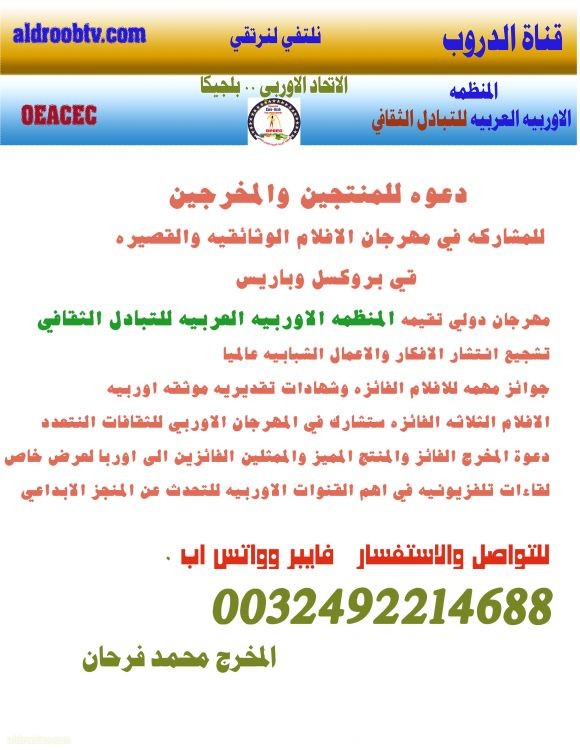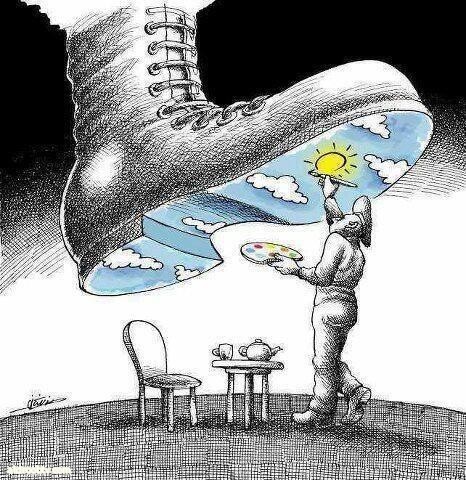The 2025 Global Conference "We Are Inclusion" Affirms: The Family Is the Cornerstone of Empowering Persons with Disabilities, and Collaboration Is the Key to Sustainable Inclusion
With the participation of a distinguished group of experts and self-advocates, several sessions featured presentations of personal and international experiences.
Sharjah – The European Sun Channel:
The 2025 Global Conference "We Are Inclusion", held in Sharjah, hosted a distinguished group of experts and self-advocates in a series of sessions focused on empowering individuals with intellectual disabilities. Discussions centered around strengthening family and community networks, creating inclusive employment opportunities, and positioning families as strategic advocates for self-advocacy.
Speakers emphasized that sustainable change begins with the family, affirming that inclusion is a right that must persist even during crises. They also highlighted the ripple effect of collective action and shared responsibility among families, schools, workplaces, healthcare sectors, and public institutions.
Inclusive Employment Through Family and Community Support
In a session titled "The Role of Families and Communities in Creating Inclusive Employment Opportunities", participants discussed mechanisms for opening real career pathways for individuals with intellectual disabilities. The session featured insights from Bruce Uditsky, Honorary CEO of Inclusion Alberta, and Patricia Wilson, Director of Community Employment Partnerships at Belonging Matters Australia.
A Wide Employment Gap
Bruce Uditsky addressed the employment landscape for people with intellectual disabilities, citing data that shows a significant portion of this population in Canada remains unemployed, leaving them vulnerable to isolation and loneliness. He criticized some institutions for offering only limited roles or unpaid volunteer work, stressing that the solution must begin early—with inclusive schooling, skill-building, confidence development, and the adoption of more effective policies and strategies.
Patricia Wilson shared her organization’s experience, which began in 2020, explaining how its network of community clubs has created real employment opportunities for people with intellectual disabilities. She emphasized that successful inclusion must be rooted in an economic rationale that adds value to businesses and society—not just charitable or emotional motivations. Work, she noted, provides identity, self-worth, and a path to continuous growth.
Family Support and Community Guidance
Another session, titled "Supporting Families: An Unanswered Question", explored the diverse needs of families across different conditions, featuring stories from Mexico and Spain. Pamela, a self-advocate from Mexico, shared:
“My parents and sister supported me to learn life skills and independence. They treated me as if I were the most important person in the world. Because of them, I got a job and continue to grow with confidence.”
Luis, another self-advocate, added that his family served as a support team that taught him essential life skills. Today, he proudly lives independently thanks to their trust and encouragement.
From Spain, Carmen and Maria—self-advocates and founders of Plena Inclusion—stressed that the family is the foundation of every child’s life. They noted that both emotional and financial support are crucial, estimating that family support for persons with disabilities in Spain can cost up to €35,000 annually.
Liz from Mexico also shared her experience supporting her sister:
“My entire family got involved in helping my sister—even my children became part of the support system. She taught me the meaning of patience and helped me realize how essential the environment is for successful inclusion.”
The Family as a Strategic Front for Self-Advocacy
In a third session titled "The Family as a Strategic Front for Self-Advocacy for People with Intellectual Disabilities", Dr. Talaat Mansour, Professor of Mental Health and Psychological Counseling at Ain Shams University, emphasized that the family represents the true starting point for building self-advocacy systems.
He explained that the family’s role goes beyond traditional caregiving, becoming a cornerstone of social empowerment. He referred to what he called the "honor of struggle"—the idea that enduring hardship with patience transforms suffering into a powerful force for progress and growth.
Dr. Mansour noted that self-advocacy is built on awareness of rights, skill development, and supportive environments. He called for the meaningful—not superficial—participation of people with disabilities in development. He also urged the integration of artificial intelligence into inclusion systems, shifting from basic digital accessibility to more intelligent and comprehensive inclusion.
The session concluded with a presentation by self-advocate Ali Taher Shayea, who spoke on the role of family support in addressing bullying. He explored the causes and impacts of bullying and how to confront it in order to make the world a safer and more respectful place. He stressed that families must empower individuals with disabilities to recognize and stand up to bullying, rather than remaining silent or dismissive in the face of such experiences.


